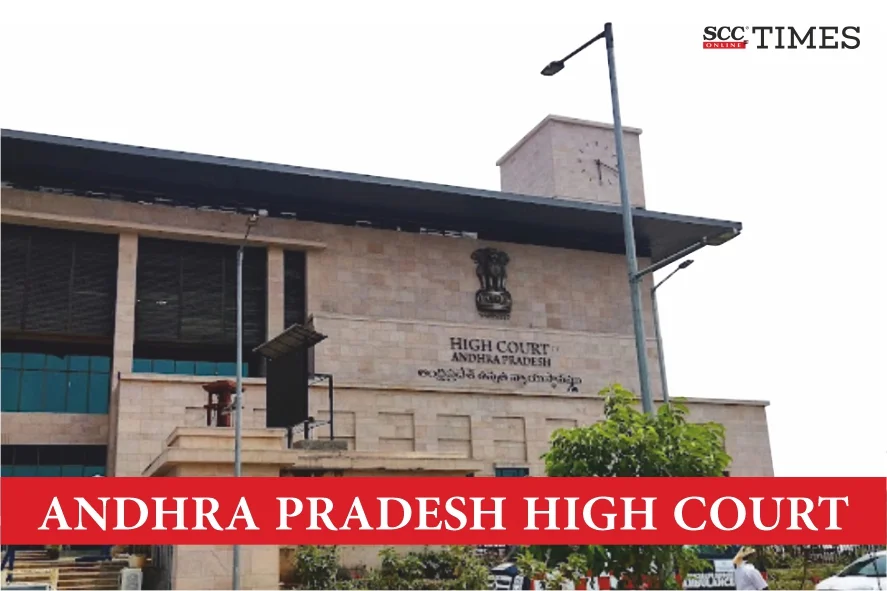Andhra Pradesh High Court: In an application filed under Section 24 of the Civil Procedure Code, 1908 (‘CPC’) and Section 151 of the CPC for transferring the present appeal to the Special Court for Trial and disposal of Commercial Disputes at Visakhapatnam, the Division Bench of R. Raghunandan Rao and Harinath N., JJ., stated that the term ‘proceeding’ mentioned under Section 24(5) of CPC would not include appeals. Consequently, the Court stated that the present appeal could not be transferred under Section 24(5) of the CPC, to the Commercial Court at Vishakhapatnam. However, this would not mean that the appellant could not prefer a fresh appeal to the Commercial Court, Visakhapatnam or such Court which had the jurisdiction, as such course of action was available. Thus, the Court dismissed the present appeal, leaving it open for the appellant to avail remedies as were available to them.
Background
In the present case, being aggrieved by certain directions of the Arbitral Tribunal dated 04-07-2024, the appellant filed an appeal. The respondent raised an objection regarding the maintainability of the appeal, under Section 37 of the Arbitration and Conciliation Act, 1996 (‘A&C Act’) read the provisions of the Commercial Courts Act, 2015.
Subsequently, vide order dated 30-07-2024, the Court held that it did not have the jurisdiction to entertain the present appeal. Thus, the appellant filed the present application and there was no dispute that the said Commercial Court has the jurisdiction to hear and decide the subject matter of the present appeal. Appellant stated that if the present appeal was not maintainable before this Court, it would be appropriate to transfer this appeal to the Commercial Court at Visakhapatnam. If the Court rejected the application, the appellant would have to file a fresh appeal before the Commercial Court and seek condonation of delay, as the period stipulated under the provisions of the A&C Act had expired.
The question that arose for consideration before the Court was whether, the terms suit or proceeding, mentioned in section 24(5) of the CPC, could be understood to include the word ‘appeal’.
Analysis, Law, and Decision
The Court referred to Ram Chandra Aggarwal v. State of U.P., 1966 SCC OnLine SC 232, and held that the term ‘proceeding’ mentioned under Section 24(5) of CPC would not include appeals. Consequently, the Court stated that the present appeal could not be transferred under Section 24(5) of the CPC, to the Commercial Court at Vishakhapatnam. However, this would not mean that the appellant could not prefer a fresh appeal to the commercial court, Visakhapatnam or such Court which had the jurisdiction.
The Court referred to Consolidated Engineering Enterprises v. Principal Secretary, Irrigation Department, (2008) 7 SCC 169, wherein the applicability of Section 5 of the Limitation Act, 1963 (‘the Limitation Act’) was excluded and it was held that the language of Section 34 of the A&C Act by implication, excluded the applicability of Section 5 of the Limitation Act. However, the said language could not be extended to exclude the provisions of Section 14 of the Limitation Act. The Court stated that similar considerations would also apply to an appeal under Section 37 of the A&C Act and accordingly, dismissed the present appeal, leaving it open for the appellant to avail remedies as were available to them.
[Rashtriya Ispat Nigam Ltd. v. Liquide India Holding (P) Ltd., 2024 SCC OnLine AP 3929, decided on 23-08-2024]
Advocates who appeared in this case :
For the Appellant: Arvind Nayyar, Senior Counsel appearing for Kiran Kumar Vadlamudi.
For the Respondent: Vivekananda Virupaksha, Advocate.







